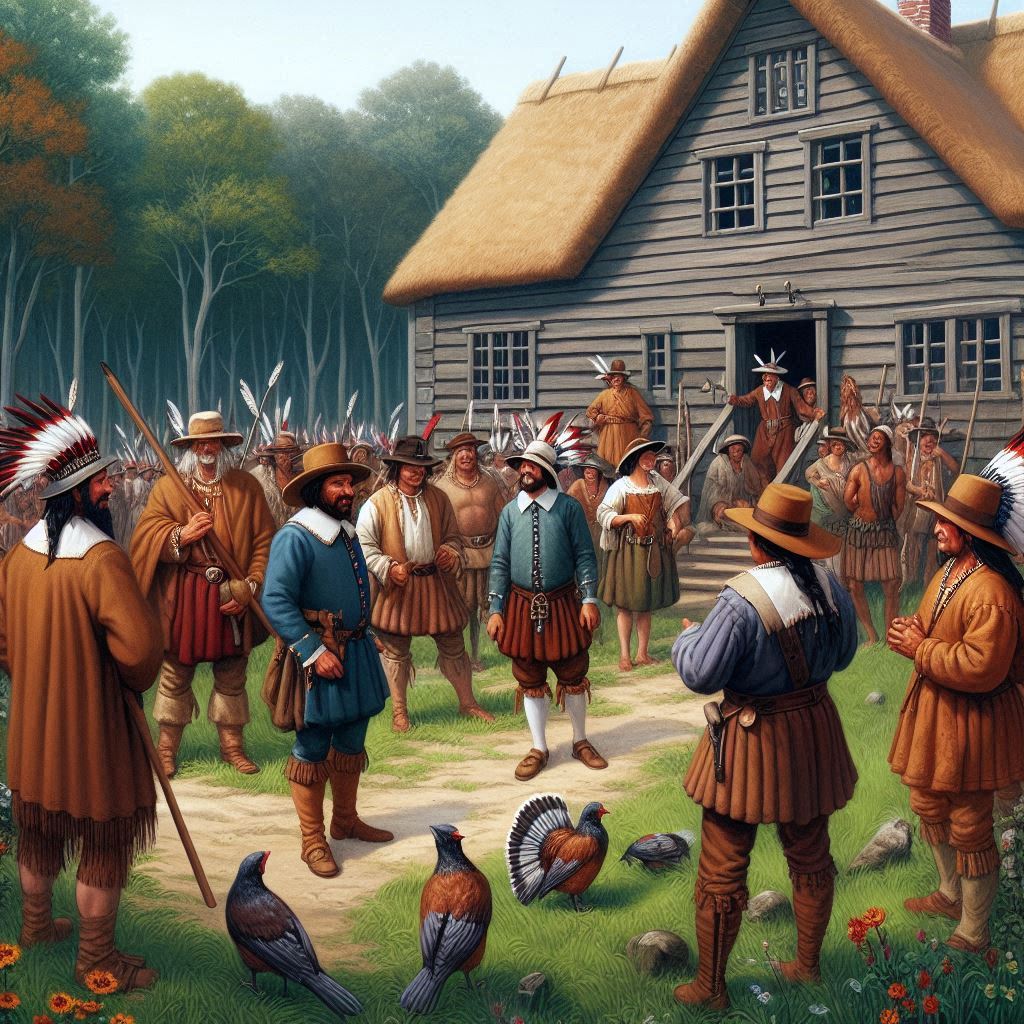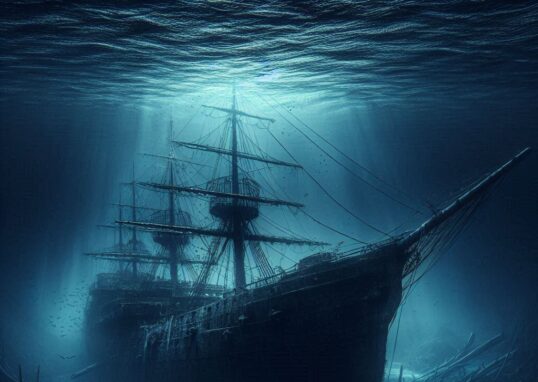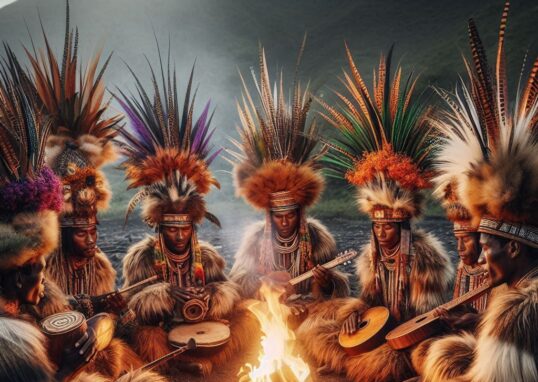
The Lost Colony of Roanoke is one of the greatest mysteries in American history. In 1587, a group of English settlers disappeared without a trace from Roanoke Island, leaving behind only the word “CROATOAN” carved into a tree. To this day, no one knows what happened to them.
Contents
- 1 What Happened to the Roanoke Colony?
- 2 Where Was the Roanoke Colony Located?
- 3 Who Founded the Roanoke Colony?
- 4 Why Did the Roanoke Colony Fail?
- 5 What Does the Word “CROATOAN” Mean?
- 6 Theories About the Disappearance
- 7 Attempts to Find the Lost Colony
- 8 The Legacy of the Roanoke Colony
- 9 Modern Connections to the Roanoke Mystery
- 10 Conclusion
What Happened to the Roanoke Colony?
The Roanoke Colony was the first English settlement in the New World, established in 1587 on Roanoke Island, located in present-day North Carolina.
Led by John White, the group of 115 settlers faced many challenges, including conflicts with local Native American tribes, lack of food, and harsh living conditions.
John White returned to England to gather supplies, but his journey back to the colony was delayed due to the Anglo-Spanish War. When he finally returned to Roanoke in 1590, the colony was completely abandoned. There were no signs of struggle or battle, and the only clue left behind was the word “CROATOAN” carved into a tree and the letters “CRO” on another.
Many theories have been proposed over the years, ranging from the settlers integrating with local tribes to being wiped out by hostile forces or even moving to a different location. Despite numerous investigations, no conclusive evidence has ever been found to explain the fate of the Roanoke settlers. The mystery remains unsolved, and the story of the Lost Colony continues to intrigue and puzzle historians and archaeologists alike.

Where Was the Roanoke Colony Located?
The Roanoke Colony was located on Roanoke Island, part of the Outer Banks of present-day North Carolina. This island is about 8 miles long and 2 miles wide, situated between the mainland and the barrier islands of the Atlantic coast.
The area was chosen for its strategic location, offering protection from the open sea while still providing access to the mainland and other coastal areas.
Roanoke Island was originally home to the Algonquian-speaking Native American tribes. The English settlers, led by John White, hoped to establish a permanent colony there as part of England’s efforts to expand its influence in the New World. The island’s location was seen as ideal for launching further explorations and establishing trade routes.
The colony’s exact location on the island has been the subject of much research and debate. Archaeological evidence suggests that the settlement was likely near the northern end of the island, close to what is now the town of Manteo. However, the precise location of the original settlement has never been definitively confirmed, adding to the enduring mystery of the Lost Colony.
Who Founded the Roanoke Colony?
The Roanoke Colony was founded by Sir Walter Raleigh, an English explorer and nobleman.
In 1584, Queen Elizabeth I granted Raleigh a charter to establish a colony in the New World. Raleigh organized and financed the expeditions to Roanoke Island, though he never personally visited the colony. The colony was led by John White, who served as its governor.
Why Did the Roanoke Colony Fail?
The failure of the Roanoke Colony can be attributed to several factors.
- Firstly, the settlers were unprepared for the harsh conditions they encountered on Roanoke Island. The lack of adequate supplies, coupled with the difficulties in farming and obtaining food, led to widespread hunger and disease.
- Secondly, the relationship between the settlers and the local Native American tribes was tense. Conflicts over land and resources created an atmosphere of mistrust and hostility, making it difficult for the settlers to establish a stable community.
- Thirdly, the delayed return of Governor John White with essential supplies left the colony vulnerable and isolated.
These challenges, combined with the unknown circumstances surrounding their disappearance, led to the colony’s ultimate failure.

What Does the Word “CROATOAN” Mean?
The word “CROATOAN” is one of the most enduring clues in the mystery of the Lost Colony. It was found carved into a tree near the abandoned settlement.
The word is believed to refer to Croatoan Island, now known as Hatteras Island, which was home to the Croatoan tribe.
Some historians speculate that the settlers may have moved to Croatoan Island and integrated with the local tribe. However, no definitive evidence has been found to support this theory, leaving the meaning of “CROATOAN” open to interpretation.
Theories About the Disappearance
There are many theories about what happened to the Roanoke Colony.
- Some believe the settlers were attacked and killed by hostile Native American tribes.
- Others think they may have tried to sail back to England and were lost at sea.
- Another theory suggests that the settlers moved inland and joined friendly Native American tribes, blending into the local population over time.
There are even more speculative theories, such as the idea that the settlers were victims of a supernatural event or were taken by pirates. Despite these theories, none have been proven, and the true fate of the Roanoke settlers remains a mystery.
Attempts to Find the Lost Colony
Over the centuries, there have been numerous attempts to find out what happened to the Roanoke Colony. Archaeologists and historians have conducted excavations on Roanoke Island and nearby areas, searching for artifacts and clues.
Some discoveries, such as European-style pottery and tools, have been found on Hatteras Island, leading some to believe that the settlers may have relocated there.
However, these findings have not provided conclusive evidence about the colony’s fate. The ongoing search for answers continues to capture the imagination of researchers and history enthusiasts alike.
The Legacy of the Roanoke Colony
The story of the Lost Colony of Roanoke has become a significant part of American folklore.
It has inspired numerous books, movies, and television shows, all trying to explore and explain the mystery. The colony’s disappearance serves as a cautionary tale about the challenges and dangers faced by early settlers in the New World. It also highlights the complexities of cultural encounters between European settlers and Native American tribes.
The legacy of the Colony endures, reminding us of the uncertainties and risks involved in exploration and colonization.
Modern Connections to the Roanoke Mystery
In recent years, advances in technology and new archaeological methods have renewed interest in the Roanoke mystery.
DNA testing has been proposed to trace potential descendants of the lost colonists among local Native American tribes.
Additionally, modern techniques like ground-penetrating radar and satellite imagery have been used to search for hidden evidence on Roanoke Island and surrounding areas.
These efforts continue to offer hope that the mystery of the Lost Colony may one day be solved.

Conclusion
The Lost Colony of Roanoke remains one of history’s most fascinating unsolved mysteries.
Despite countless theories and extensive research, the fate of the 115 settlers who vanished without a trace in 1590 is still unknown.
The story of Roanoke continues to captivate the imagination, serving as a reminder of the challenges and uncertainties faced by early explorers and settlers in the New World.










